Aligning Adoption
How to think and talk about adoption in alignment with the values of Christ’s upside-down kingdom
Article by Dr. Sandra Glahn
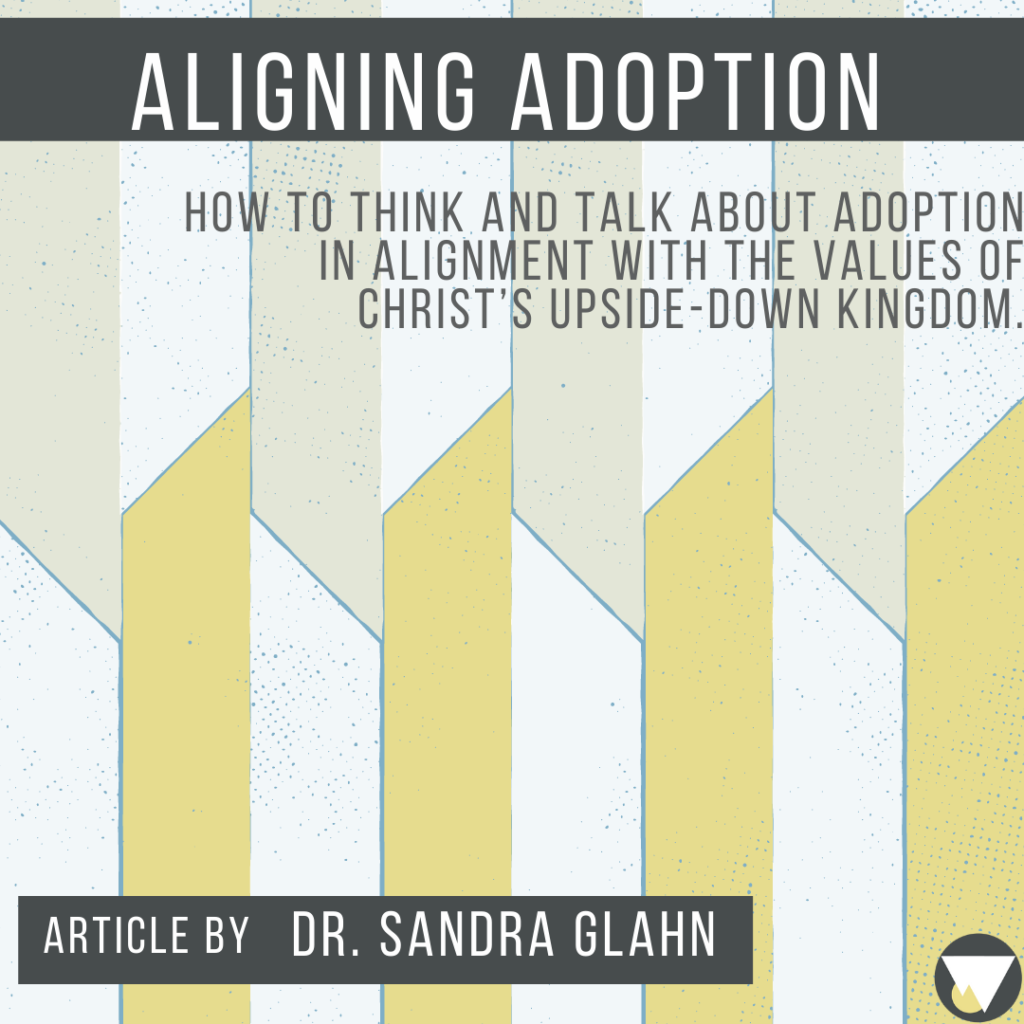
I am the parent of an adult adoptee. As a member of the adoption triad (parent, birthparent, adoptee), I fully believe in adoption, and I thank God for our daughter. In the broader context, I join with other Christ-followers with two millennia of experience caring for children conceived outside of our biological family but welcomed as our own.
That said, I think we can do a better job of thinking and talking about adoption so that our actions more fully align with the values of Christ’s upside-down kingdom. I propose nine course corrections:
1. Christ-followers must have the highest standards of ethics and justice.
If we believe Jesus is the truth, we should be zealous about truth-telling. Yet many believers have bent the rules, justifying their behavior by pointing to the kids’ desperation. Consequently, we’ve hurt our testimony and provided incentives for corruption. We’ve exaggerated the number of waiting kids. We’ve participated in systems that told parents they were sending their kids off for education—only later to learn they’d terminated rights. And we’ve been quick to believe a child had no living parents without investigating—if that was the story we wanted to hear.
2. Birthparents and adoptees need better advocates.
The people in the adoption equation with money are overwhelmingly the adoptive parents, not the birth parents. Consequently, laws favor adoptive parents, not birth parents, and certainly not adoptees. This power differential should have us on the front lines speaking up for those who can’t speak for themselves—especially the widow and the fatherless (Prov. 31:8; Isa. 1:17).
3. Our practices should align with our view of sin—a belief that money corrupts.
Anytime we show up with cash in the context of poverty, we bring an incentive for corruption. Not that we should stay away. But we need to have many checks and balances—including a no-bribe policy. Those who adopt internationally must be patient with governments seeking to verify that a child has no living relatives because of this risk of corruption.
4. We should value keeping families together.
Doing so “does unto others as we would have them do to us.” It is also usually in the best interest of families. In fact, we should be more focused on keeping families together than we are on rushing kids into the arms of waiting adoptive parents. In many cases “orphans” actually have a surviving parent and/or relatives whose only reason for making an adoption placement is their lack of money. The parents will never get over making such a plan for their children; the children never get over knowing their biological family is out there somewhere; and the community loses a member. These traumas haunt people for life. We should work to keep families together and look to adoption only as a last resort.
5. We should not only rejoice when a placement happens, but also grieve.
A child joins a family by adoption because of deep brokenness such as death, poverty, and/or war. And this is where human adoption differs significantly from our spiritual adoption. God created us in the first place. So when we become his children through adoption, we are actually twice his—and the separation between “birthparent” and “adoptee” ends. Thus, spiritual adoption is a picture of redemption and restoration. But not so with human adoption. While it reflects deep unconditional love and choice on the part of the adoptive parent(s), human adoption does not picture restoration. Rather, it is sometimes the best solution in a tragic situation. How often many deny that tragedy!
6. We must stop “caring for orphans” at the expense of widows.
Often we wrongly separate the phrase “widows and orphans” into two classes of people when they actually belong together. In many parts of the world, when the husband/father dies, a family gets split up. A widow is too impoverished to feed her children, so she lovingly allows them to “have a better life.” But our compassionate care for a widow should involve fighting to help her keep her family together rather than persuading her to give her kid(s) a “better life.” It is bad enough to lose a spouse; imagine losing your child because you lost a spouse…and to lose that child only because you are poor. Christians! We must do a better job of caring for the voiceless!
7. We need a more accurate understanding of biblical adoption.
We say adoption is a biblical concept, and it is. But often there’s a big gap between what we mean today by “adoption” and what the biblical writers meant. We point to Moses as Exhibit A, but did he really bond with Egypt’s royal family? Through his story, we see that children never stop identifying with their people—a good reason to keep families together. God used Moses’s tragedy for good, but that does not make what happened to him a beautiful thing. Moses’s separation from his family of origin was a disaster caused by profound evil.
We use Esther as a biblical example of adoption. But Esther was raised by a member of her extended family, and thus had access to other biological family members.
Interestingly, in all the instructions laid out for the people of Israel in the Old Testament— everything from guidelines about textiles to medical concerns—not one word is written about adoption. People dealt with absent parents through extended family, as in Esther’s situation.
In the inter-Testamental period, Julius Caesar made provision in his will—that is, posthumously—to adopt his great-nephew, Gaius Octavius Thurinus, age 19, known to us as Octavian or Caesar Augustus. This legal pronouncement made Augustus the son of Caesar, and thus his heir. Everyone in the world of the apostles Paul and John, the two New Testament writers who spoke of adoption, would have known this. In the New Testament, Paul writes, “For you did not receive the spirit of slavery leading again to fear, but you received the Spirit of adoption, by whom we cry, ‘Abba, Father.’ The Spirit himself bears witness to our spirit that we are God’s children. And if children, then heirs—namely, heirs of God and also fellow heirs with Christ… (Rom. 8:15–17). Note the contrast with slavery and the connection of adoption with being an heir. Rights and inheritance are secondary when Westerners think of adoption, but they would have been primary in the New Testament writers’ minds.
8. We must stop telling adopted kids how lucky they are.
One of my white friends who adopted children from Ethiopia tells me that strangers who talk to her kids in the grocery store tell them how lucky they are. People who view the parents as saving waifs who should be eternally grateful for the gift of parents have it backwards. Yes, children are to honor their parents, but Scripture also says, “Children are a gift from the Lord” (Ps. 127:3). The parents are the ones who should be expressing gratitude. Imagine if Pharaoh’s daughter had told Moses, “You’re lucky you got rescued from those slaves. Here in the palace, you’re rich and you have access to education. Your life is so much better than it would have been. You should be grateful!” Our kids are better served by our grieving with them about their losses as we express our gratitude to God that he has blessed us with them. Nobody should adopt a kid to gain gold stars with God. Nor should they speak of adoption as rescuing, doing good works, or as anything remotely associated with charity. That’s insulting. We would not want anyone to think that way about having a biological child.
9. People adopting and fostering special-needs kids need to seriously consider limiting family size.
Children with special needs require a lot of extra love and affection—I know, I have one. Let me say that another way: If kids have special needs, they require extra love and attention and services. Parents who keep adopting sixteen more kids when they have already adopted some with special needs should do so only in a context of much accountability and counsel. Because in the same way that some people can’t seem to stop having plastic surgery, some can’t seem to stop looking for babies to adopt. The church and adoption agencies must help them. We have a responsibility to the parents but even more so to vulnerable kids in such situations.
As those adopted by God, all believers have a Father twice-over who accepts this reality as pure and faultless: that we look must look after orphans and widows in their distress and keep ourselves from being stained by the world. Part of the widows’ and orphans’ distress is the pain of separation. May we do a better job of looking after those who cannot speak for themselves.
ABOUT THE AUTHOR

DR. SANDRA GLAHN
Dr. Glahn is a multi-published author of both fiction and non-fiction, a Professor of Media Arts and Worship at Dallas Theological Seminary, and a speaker who advocates for thinking that transforms. Dr. Glahn’s more than twenty books span topics relating to art, gender, sexual intimacy in marriage, and first-century backgrounds as they relate to gender. She has also written eleven Bible studies in the Coffee Cup Bible Study series and has a new book releasing later this year.
We love collaborating with wise writers. Connect with us to have your work featured by The Holy Shift.


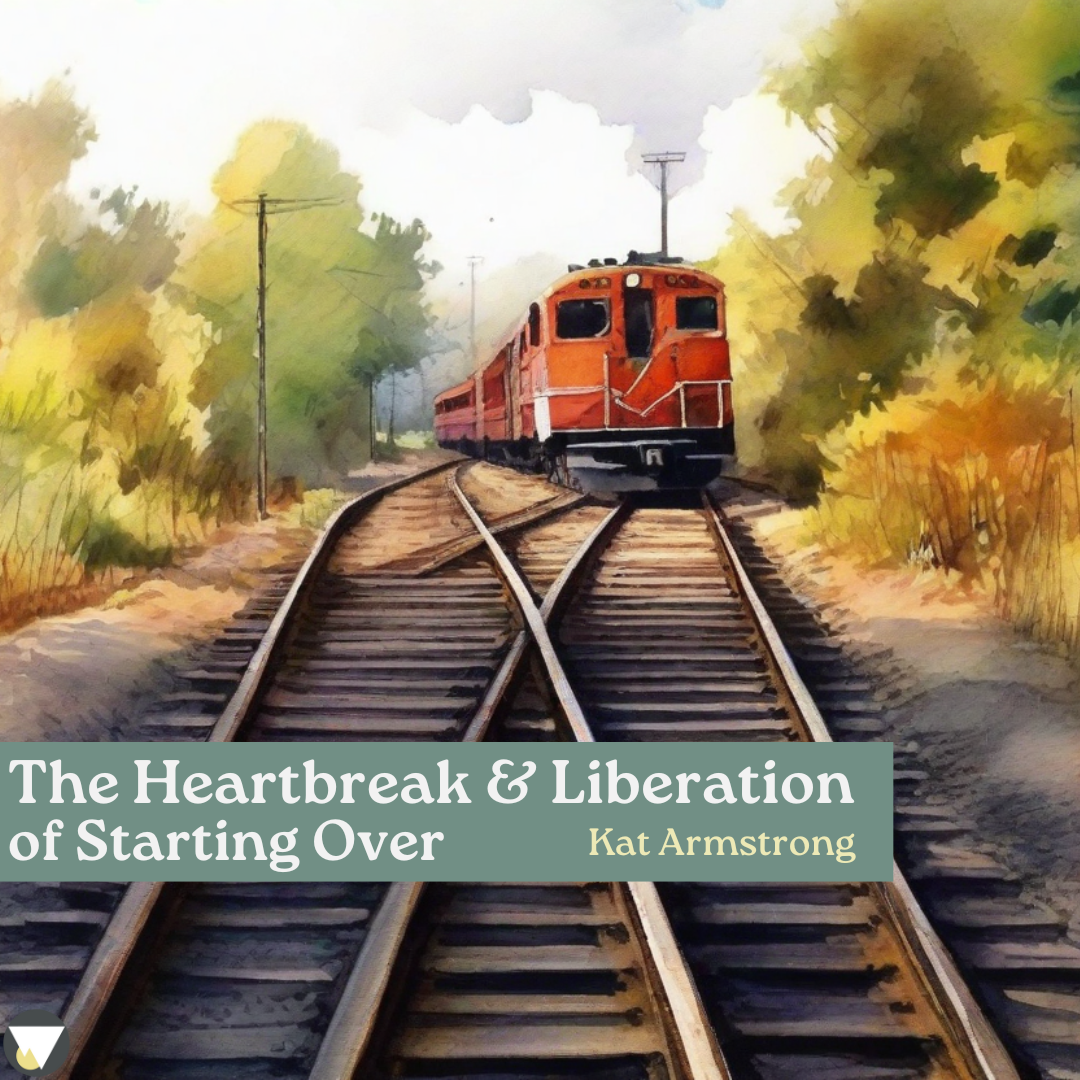
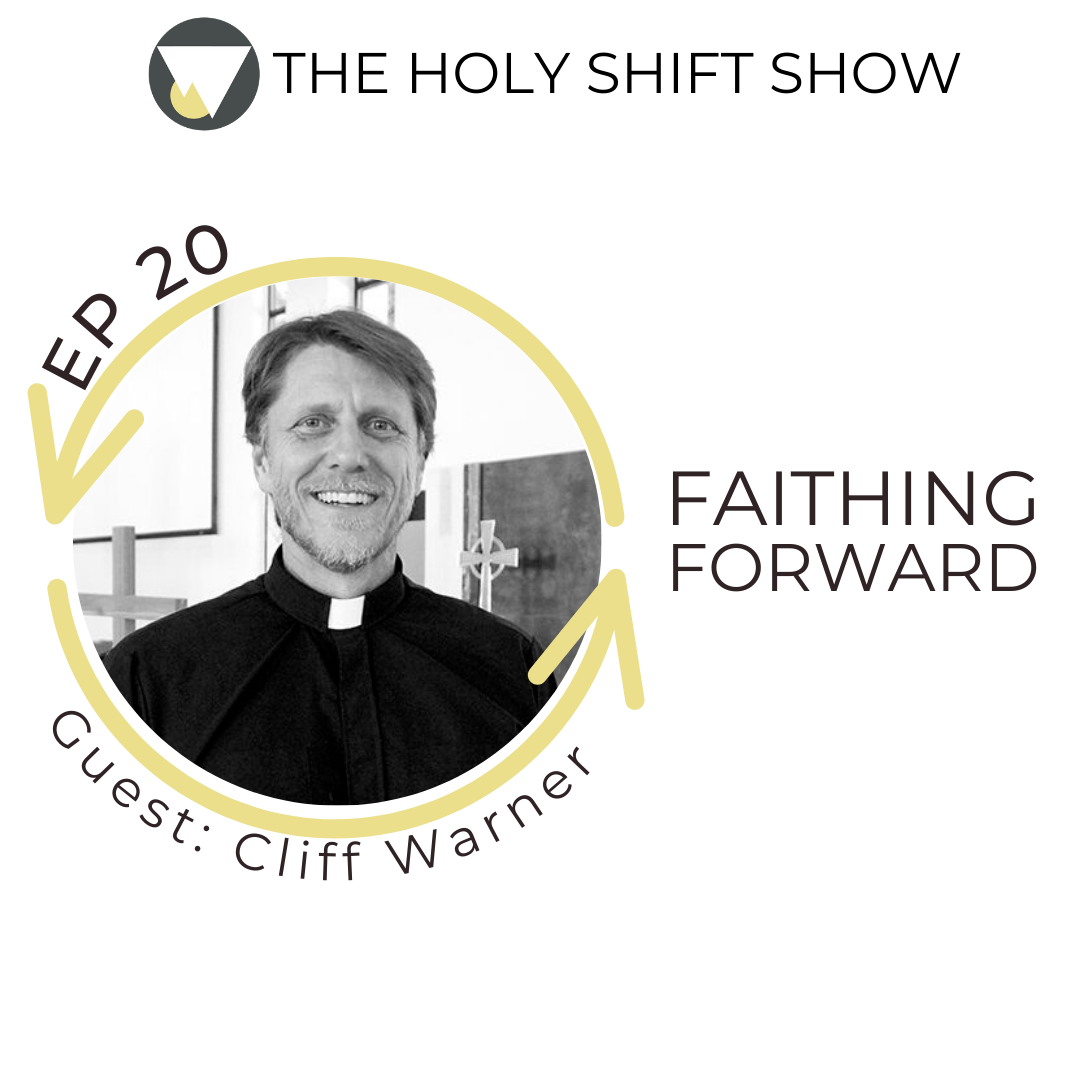
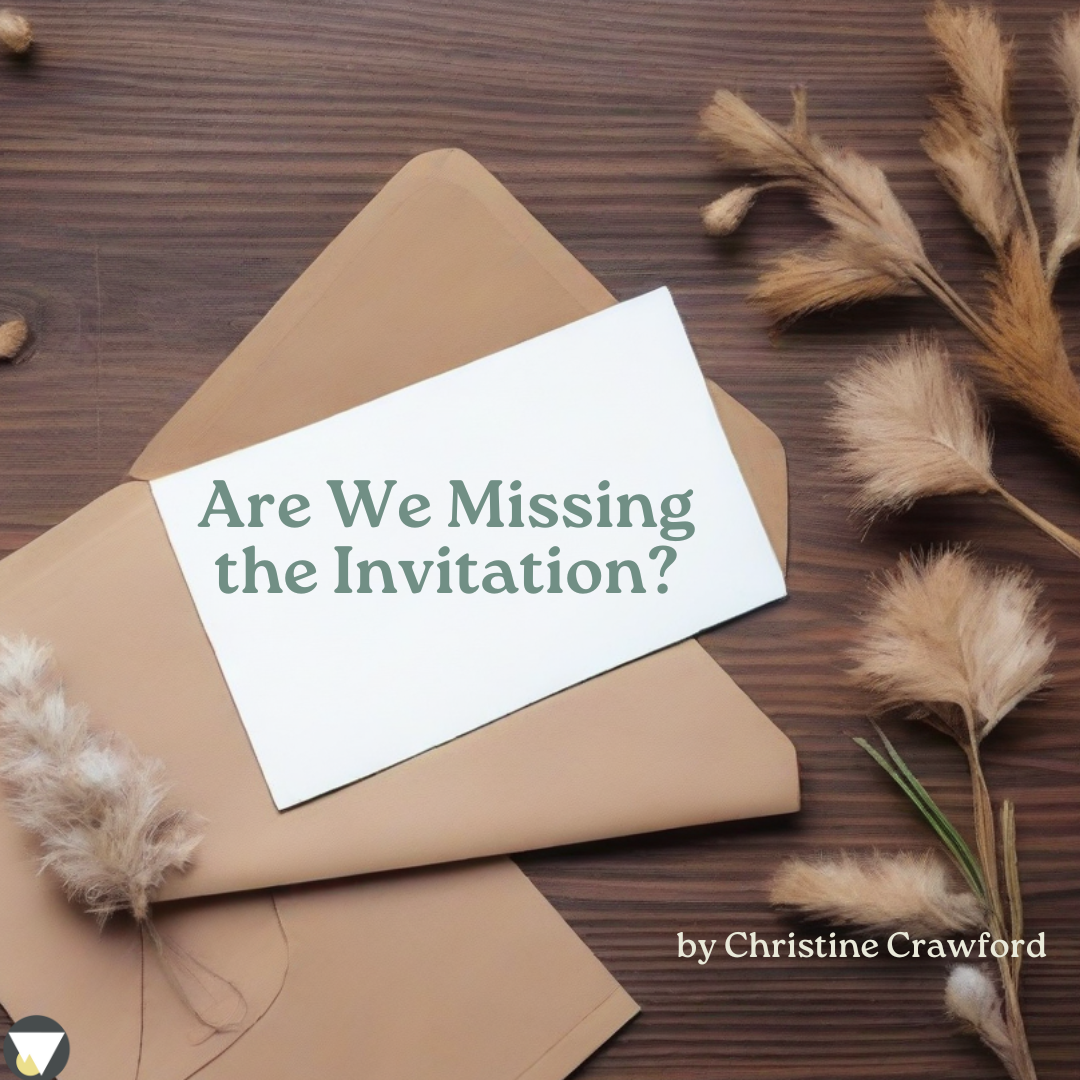
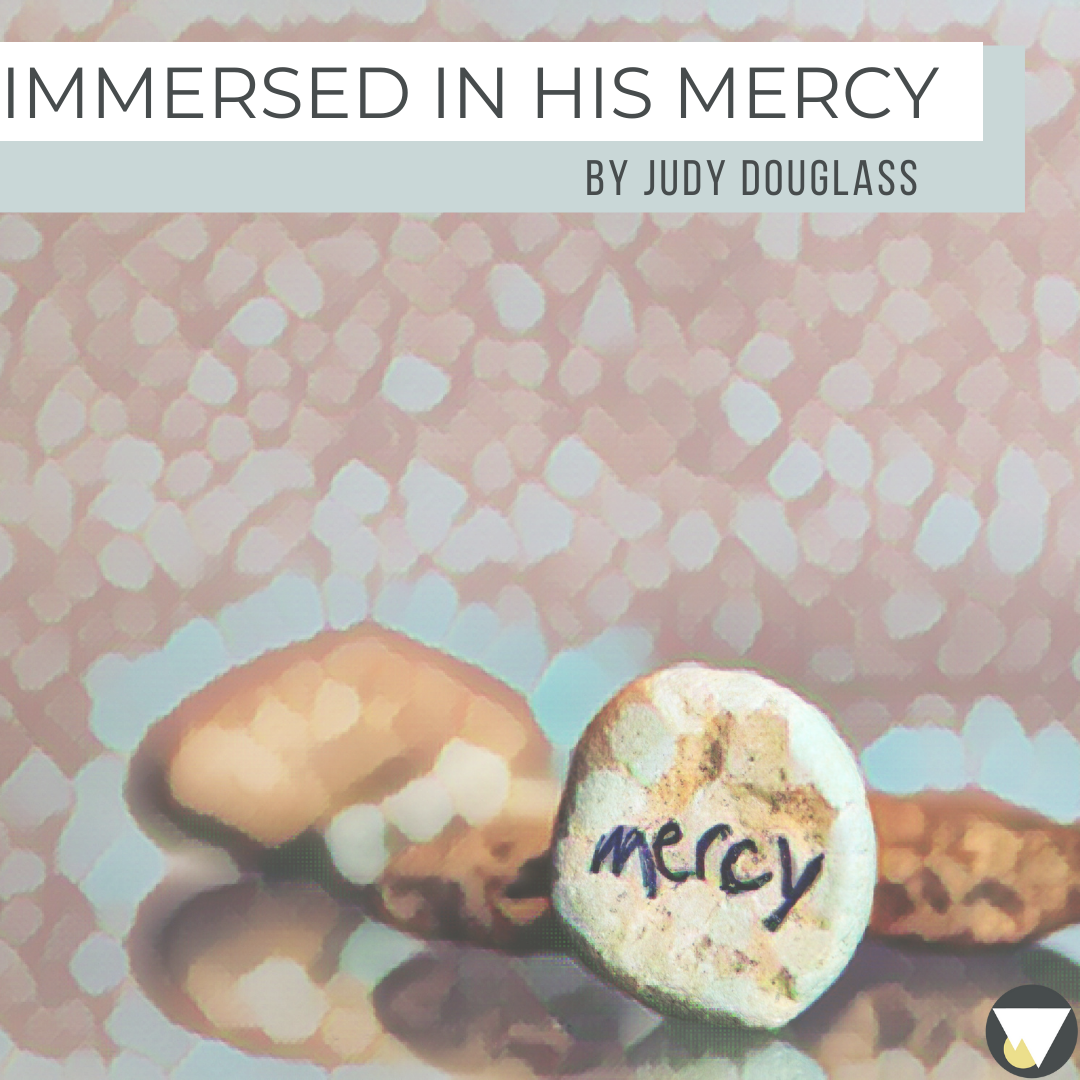
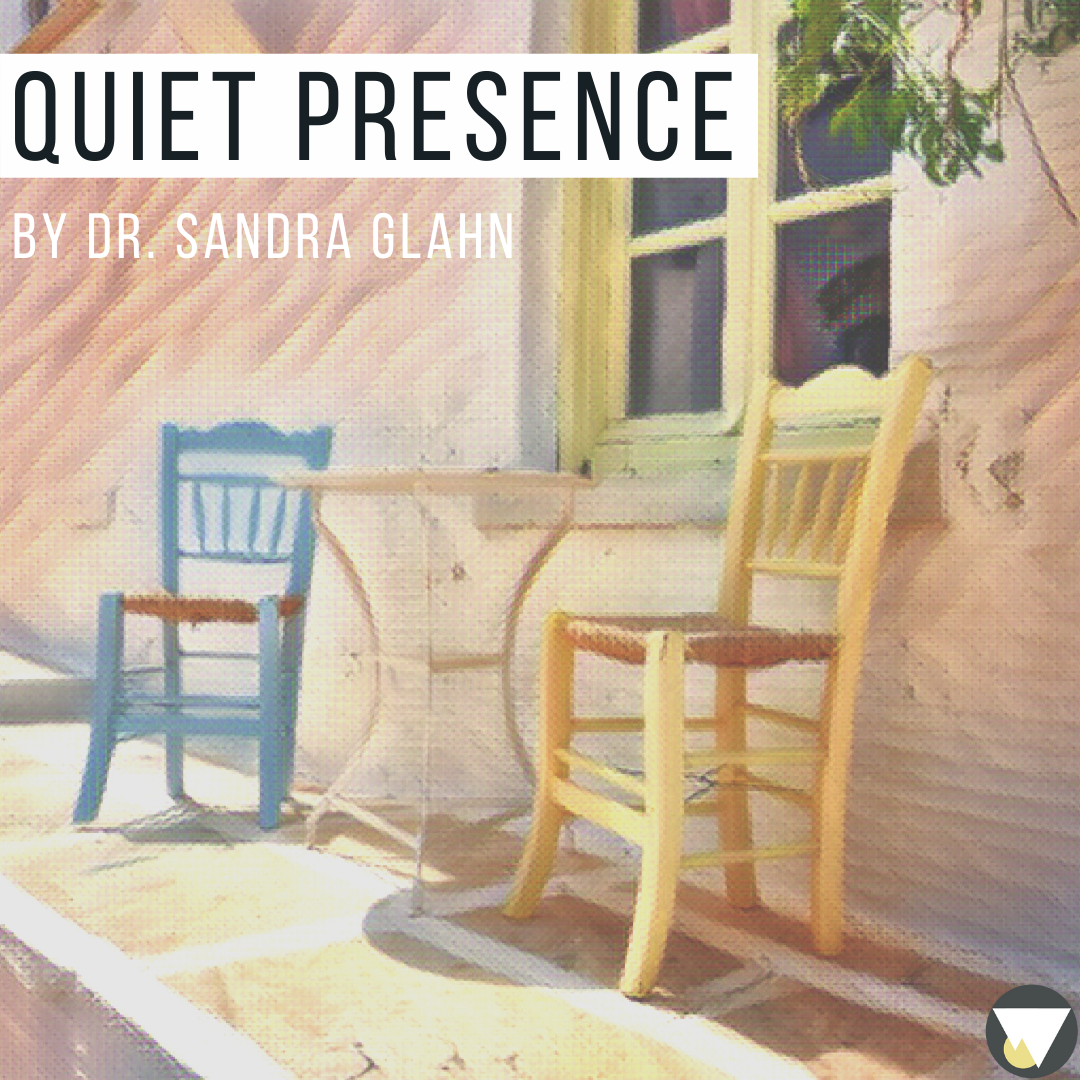
One Comment